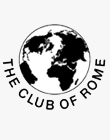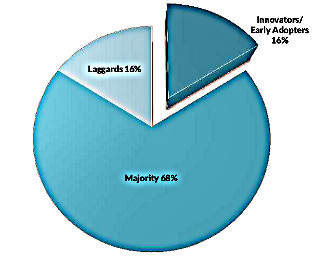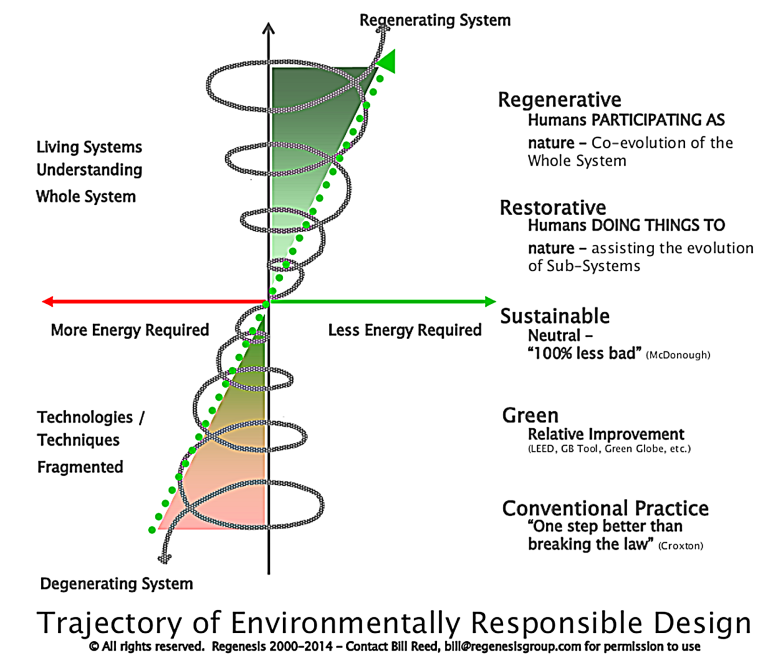We apologise for the break in transmission
Some of you may have noticed a long gap since our last publication (in fact, it’s a gap of 12
months). This has been due to my father’s losing battle with cancer. He died at the end of February, and now life has become more predictable, if sadder and a bit emptier than
before.
 During this time, and particularly in the past three months, it has been challenging to keep on with some of the “baby steps” in developing a coaching practice. Some of these steps have been so small they needed to be measured in millimetres.
During this time, and particularly in the past three months, it has been challenging to keep on with some of the “baby steps” in developing a coaching practice. Some of these steps have been so small they needed to be measured in millimetres.
But the ongoing reminder I have had before me is that time is limited, and that what you end up regretting is what you diidn’’t go for, and particularly the places where you accepted second best. Again and again, I have come back to my Purpose Statement when facing my own “why bother” feelings.
Living on purpose
My Purpose Statement is an explicit statement of what is important to me, my core values and needs, and the area where I have chosen to make a difference. If you’ve been reading “The eMyth”, it is you Primary Aim.
As a coach, I believe in the power of words, and the importance of translating ideas and feelings into a form that can be shared. There are things beyond words – but that doesn’t reduce the importance of speaking your thoughts to give you clarity.
Through the recent dark months, I kept coming back to the fact that, as an Idealist, I’m never going to be happy with possessions, experiences and places if I’m not working for something greater than myself. This isn’t true for everyone, but it is true for me.
I am thankful to Martin Seligman for putting this in to words for me.
Why have a statement of purpose?
Having an explicit statement of purpose can also help with decision making and setting priorities. If you are spending time on things that don’t support your purpose, why?
If you are spending time on things that go against your purpose, what are you doing to your self?
If you have your own purpose statement (and I know many of you do, because I have helped you draft one in your first Design-A-Life sessions), I would love to know how it has helped you.
(First published in BCS Update, 2003)





